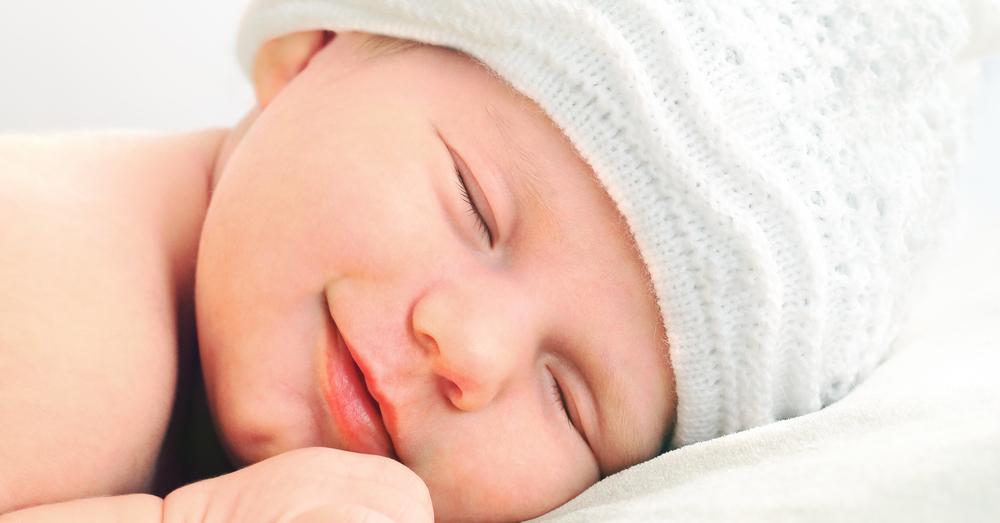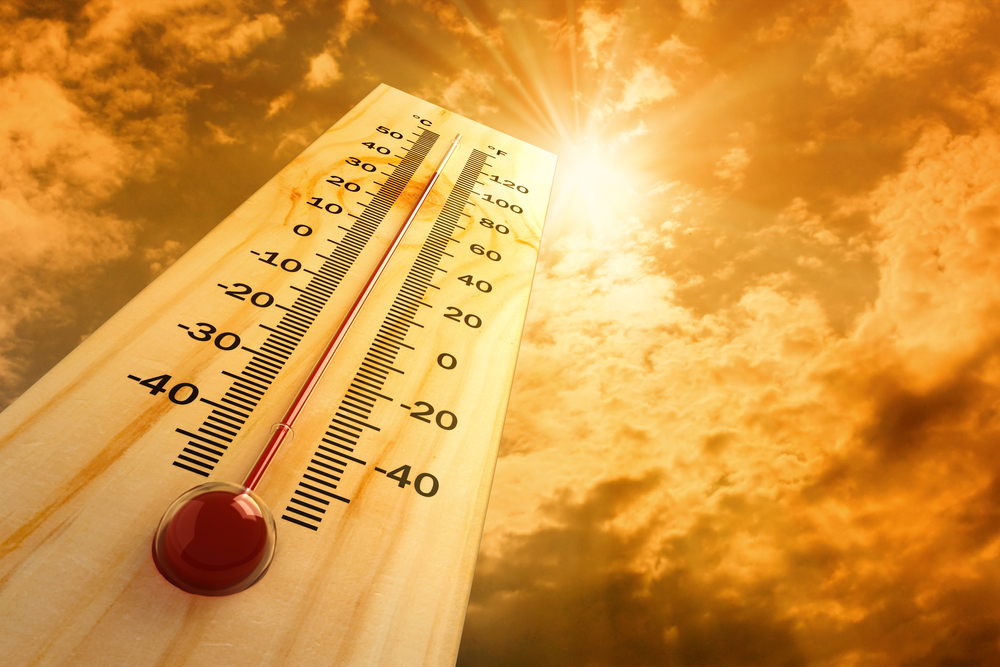Contents:
- Medical Video: Signs of an Abusive Relationship - 8 Early Warning Signs of an Abusive Partner - Domestic Violence
- Characteristics and signs that usually occur if someone experiences domestic violence
- 1. Emotional signs of violence
- 2. Alone or suddenly quiet
- 3. Signs of fear
- 4. Signs are controlled
Medical Video: Signs of an Abusive Relationship - 8 Early Warning Signs of an Abusive Partner - Domestic Violence
Regardless of social status, education, or finance, anyone can be a victim of violence, whether in a romantic relationship or marriage or known as Domestic Violence (KDRT). Saving people closest to you from violence is very important to do as soon as possible to prevent the impact on their lives and future. The first thing to do is to understand and know if your friend is a victim of violence.
However, keep in mind that the following behaviors can also be related to other factors and cannot be considered evidence that violence is occurring.
Characteristics and signs that usually occur if someone experiences domestic violence
1. Emotional signs of violence
Not all violence is physical. Emotional violence can make victims feel helpless, hopeless or lose hope. They may think that they will not get out of control of the perpetrators of violence. Some emotional violence can also make the victim feel unwanted and no one else will love them other than the perpetrators of violence.
Usually, victims of violence easily experience mental disorders, such as depression, eating disorders or sleep disorders. Their sleep is often disrupted by constant anxiety that they cannot relax fully.
Emotional signs of other violence can include:
- Low self-esteem
- Too often apologize or be too obedient
- Anxious, nervous, or constantly afraid
- Having problems with drugs or alcohol
- Loss of interest in daily activities
- Talk or try suicide.
These symptoms can indicate other conditions or factors, but these symptoms are the main characteristics of victims of domestic violence who feel trapped in unhealthy relationships.
2. Alone or suddenly quiet
Victims of violence tend to be quiet and withdraw from the community. If your friends experience a change in their personality, from someone who likes to socialize and cheerfully be someone who isolates themselves, this can be a sign of domestic violence. Your friend may be late at work or meeting, or cancel appointments suddenly.
What's worse, the person began to cut off contact from friends and family members and isolate themselves from the closest people. If you ask about their personal lives or their partners, they try not to tell you or dodge and say that everything is fine.
3. Signs of fear
Even though your friends might not tell about violence, they might mention "moody" or "irritable" abusers. They may also say that their partners become angry after drinking alcohol, for example. You might see your friends feel uncomfortable when they are away from home. They are stiff and embarrassed when talking. They also feel anxious about trying to please their partners. Sometimes, when you are with a violent person, your friend feels very scared where he or she cannot act or make a decision.
4. Signs are controlled
Your friends may have given up their lives to be controlled by the perpetrators of the violence. They are afraid of traveling or making decisions without permission. If someone is a victim of violence, he will always ask permission before traveling or meeting other people. Your friend might say his partner is "a little jealous" or "a little possessive".
The control of the actors also applies to other aspects such as relationships and finance. Maybe your friend always has little or no personal vehicle. They may mention that their partners manage finances and they need to take into account every expenditure. This makes victims more easily controlled and dependent on the perpetrators. Violent perpetrators may often accuse victims of having other relationships.
Many victims of domestic violence will cover up or evade, or show signs of violence. However, if you suspect that someone you know is experiencing violence, this list can be used as a guide.
READ ALSO:
- Escape from Abusive Relationships
- 8 Physical and Mental Trauma Due to Sexual Violence
- Know the Signs of Violence in Children












